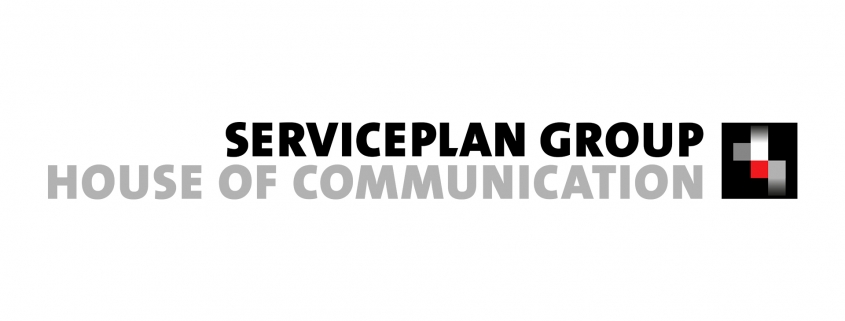- The meaning of ‘creative’ - 5. July 2017
- Creativity is Matthias Harbeck´s profession and calling - 17. November 2016
- Cannes: all correct. And all wrong. - 21. June 2016
First published in Red Bulletin Innovator.
Interview: Christoph Kristandl
Creativity is elusive. Only too well we know of situations where it abandons us. If we need an idea, if we brood over the solution to a problem – simply nothing comes to mind. It happens. But what if creativity is your occupation? If you have to drive yourself to peak creative performance every day in order to create something new, something as spectacular as possible, and to convey a message as well. And what if it’s a message that nobody wants to see? – Advertising. A conversation with the multiple award-winning Matthias Harbeck.
The Red Bulletin Innovator: You were honoured with more than 600 national and international awards, including 22 Lions in Cannes. Do such honours mean something to you?
Matthias Harbeck: Naturally. If you win a Golden Lion, that’s a feather in your cap. There are people who say that Cannes is something like a parallel society. The true needs of the client would not count for anything there, and it’s a vanity exhibition of creatives who celebrate themselves there. There is even a grain of truth in that. But apart from the fact that quite excellent work from day-to-day business is also honoured in Cannes, you have to view it as similar to prototypes at an auto show or the haute couture of the great fashion shows. What you see there you will never encounter on the street.
Why produce it then?
What’s extremely successful moves the industry forward. Sometimes the idea is so extraordinary, often the technology too. It works with media innovations that can set trends for everyday life.
With what, for example, have you been successful in that regard?
With real-time advertising, for example. With Serviceplan we were able to score a coup with that a few years ago: over 90 minutes of the Champion’s League Match of Arsenal against FC Bayern we switched six 60-second live spots directly into commercial blocks of Free-TV channels. You’re watching normal advertising, for example, on PRO 7, when suddenly an announcement comes, the game is seen live for 40 seconds, and at the end, the Sky-Order Hotline appears, so that in the future you can see such games completely live. The response was huge. Also because, of all things, in one of the slots Lukas Podalski scored the goal which left Arsenal only one down at 1:2! The idea was relatively simple, but the technical implementation was complex. But that’s the sort of thing we’re attempting: something extraordinary, which makes the industry sit up and take notice and which can then take a pioneering role, too.
What advertising trends can we expect in the coming years?
Consider the films in our newsfeeds on Facebook, where you only hear the sound when you intentionally click. That’s not a trend that comes from advertising, but it changes the thinking of the creatives. You have to succeed in being so good in the first two, three seconds that people click on that video. That also means that the sources of inspiration change. You focus on silent film, for example, and why Buster Keaton or Charlie Chaplin were so good at it. Perhaps we’ll soon also produce moving images in 15 different versions in order to optimally satisfy users’ differing expectation profiles and to be able to address them digitally in individual ways. And then there are hardly any campaigns that are originally made for the mobile phone screen. That is a big issue.
“Advertising must be so good that, ideally, people even actively search it out.”
How do you deal with the fact that nobody wants to see advertising?
It is a step forward that increasingly we can provide people with customised content. In the past that was not possible technologically. But that does not make good ideas superfluous, on the contrary. More than ever, we have to surprise and involve people through a new kind of staging. The trouble is that we’re in a permanent competition with thousands of advertising messages, indeed, messages of every sort. On top of that is the public’s practised avoidance of advertising. Therefore, the good idea, the great story, the fascinating staging is more important than ever. Advertising must be so good that people don’t want to just see it and share it, but rather, ideally, they even actively search it out because people are talking about it.
With all the staging, doesn’t the product sometimes get left behind?
That is the great challenge. On the one hand, communication has to become ever more entertaining. On the other hand, there are clients who pay for it and say, “Now where is my product that I want to sell?” Just to say that a screw costs 2.99 Euros is not communication, that’s information. You have to do a balancing act: to maintain contact with the brand and at the same time deliver a certain factor of desire.
This page is available in DE



